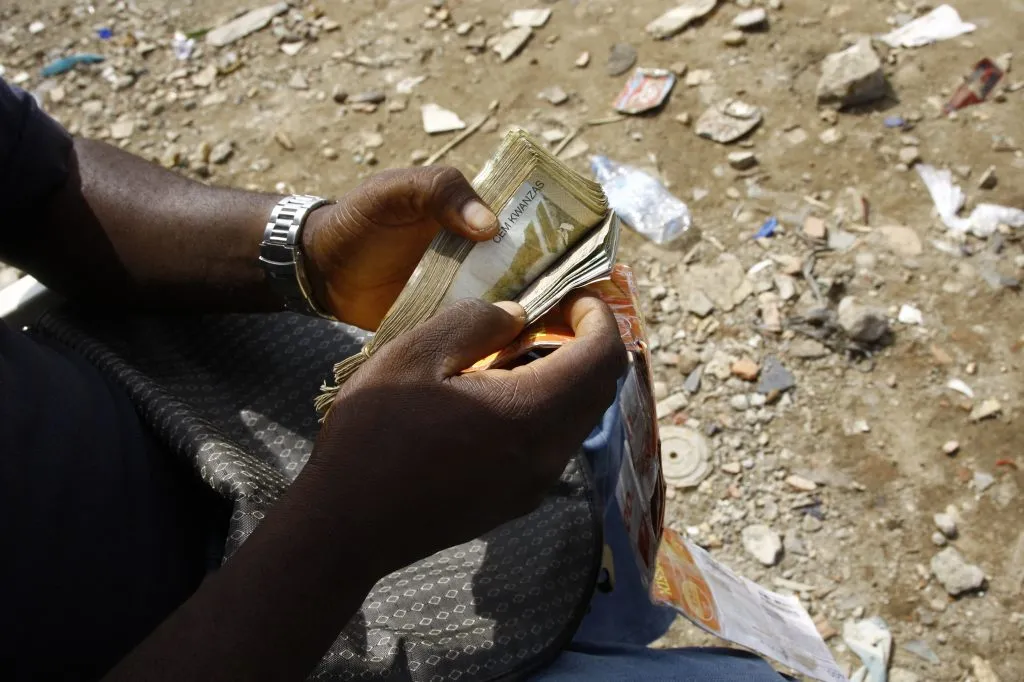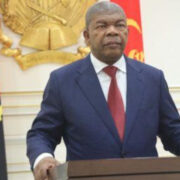
Algeria, Angola and Côte d’Ivoire were added to the Financial Action Task Force’s “grey list” after falling short in their financial regulatory and legal regimes, while Senegal was removed from the list after making improvements.
The FATF, an intergovernmental organisation, sets international standards for anti-money laundering; countering the financing of terrorism; and countering the financing of proliferation of weapons of mass destruction .
The “grey list” identifies countries that are actively working with the FATF to address strategic deficiencies in those areas.
New action plans announced
According to the FATF, the limitations found for the three countries included insufficient risk-based supervision and lacking transparency in beneficial ownership information.
In the new action plan, Algeria was tasked with improving risk-based supervision; developing a more effective framework for basic and beneficial ownership; enhancing its regime for suspicious transactions; and establishing an effective legal and institutional framework for targeted financial sanctions for terrorism financing.
Angola was asked to enhance its understanding of anti-money laundering and terrorism financing risks; improve risk-based supervision of non-financial banking entities and designated non-financial businesses and professions; ensure access to beneficial ownership for competent authorities; increase money laundering investigations and prosecutions; demonstrate the ability to identify, investigate and prosecute terrorism financing and provide an effective process to implement targeted financial sanctions.
FATF said that Côte d’Ivoire should strengthen international cooperation in money laundering and terrorism financing investigations and prosecutions; improve risk-based supervision of financial institutions and designated non-financial businesses and professions; conduct outreach campaigns; and enhance beneficial ownership information.
It also called for the country to improve the use of financial intelligence by law enforcement authorities; grow the number of money laundering and terrorism financing investigations and prosecutions; and strengthen the financial sanctions framework.
In a briefing by Hogan Lovells, lawyers advised US financial institutions to “carry out their due diligence obligations, potentially including transaction monitoring, using a risk-based approach” when maintaining accounts for foreign financial institutions from grey-listed jurisdictions.
“Specific transactions and transaction counterparties do not necessarily require enhanced due diligence, but do require consideration of the specific jurisdiction’s anti-money laundering risks.”
Good news for Senegal
By contrast, Senegal was removed from the grey list. Since it was added in February 2021, the Government in Senegal has adopted a new bill to counter illicit financing.
According to the FATF, Senegal has “strengthened the effectiveness of its anti-money laundering and counter-terrorist financing regimes to meet the commitments in its action plan regarding the strategic deficiencies that the FATF identified in February 2021.”
Among other factors that allowed Senegal to exit the FATF’s increased monitoring list were the increase in analysis and dissemination of financial intelligence.
Senegal will still continue to work with regional partners such as the Intergovernmental Action Group against Money Laundering in West Africa to strengthen its regulatory regimes.











Comments